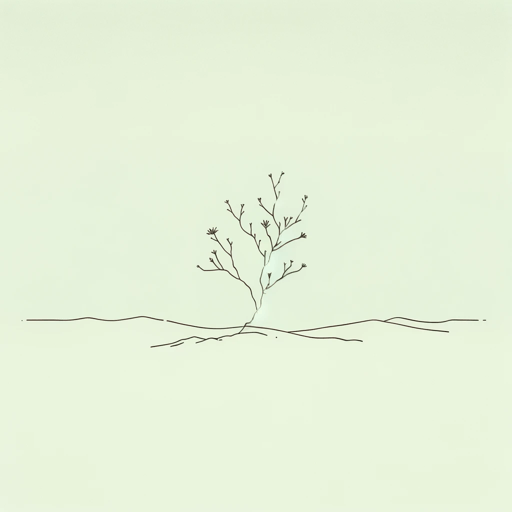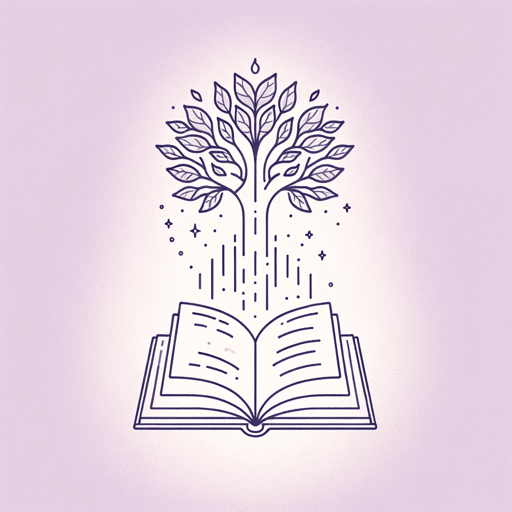47 pages • 1 hour read
Kali Fajardo-AnstineWoman of Light
Fiction | Novel | Adult | Published in 2022A modern alternative to SparkNotes and CliffsNotes, SuperSummary offers high-quality Study Guides with detailed chapter summaries and analysis of major themes, characters, and more.
Important Quotes
Content Warning: This section of the guide describes and discusses the novel’s treatment of alcohol addiction; anti-gay bias; and racism and racist violence.
“Desiderya thought of why babies are sometimes left. She saw images in her mind that she’d rather not see, felt profound hunger, witnessed a village perched high on a hill, horses slaughtered for food, a church crumbling back into the earth from which it was built. The sleepy prophet studied Pidre then. He gazed upon her face with recognition. His spirit felt complementary, an old friend, a grandson she had fished from the weeds.
‘We cannot know the depths of another sacrifice,’ Desiderya said.”
(Prologue, Page xxi)
Desiderya, who has the gift of clairvoyance, rides into the wilderness and finds an infant abandoned by his mother. This infant will turn out to be the grandfather of protagonist Luz and mirror to Diego’s infant in the final scene—who is also given up by her mother.
“When Luz was eight years old, her mother, Sara, decided she could no longer care for her children, sending them north to live with their younger sister, Maria Josie, in the city. Whenever Luz thought of her mother, she felt like a stone was lodged into her throat, and so she didn’t think of her often.”
(Part 1, Chapter 1, Page 5)
This quote details one of the many displacements of children in Woman of Light. It also references Sara’s childhood advice to Maria Josie to not linger on clairvoyant images of their mother’s execution. Luz seldom thinks about her mother Sara and thus does not have clairvoyant recollections of her. However, unlike her Aunt Maria Josie, she does not abandon her gift of clairvoyance.
“If the Westsiders were considered poor, they didn’t believe it, for many owned their own homes from the money they earned […] They had come to Denver from the Lost Territory, and further south from current-day Mexico, places like Chihuahua and Durango and Jalisco. Many, including Teresita and Eduardo, had arrived after the bloodiest days of the Mexican Revolution. Maria Josie’s mother, Simodecea, had been distantly related to Teresita’s father, a jimador in Guadalajara.”
(Part 1, Chapter 2, Page 18)
Even among the Chicanx residents of Denver, there are divisions established by degrees of poverty. In this quote, Fajardo-Anstine describes a fledgling middle class made up of Mexican nationals who arrived in Denver over the previous century. The “Lost Territory” refers to land ceded to the US in 1848 at the conclusion of the Mexican American War, about 50% of Mexico. The Mexican Revolution took began in 1910 and lasted for 10 years.
Featured Collections
Books on Justice & Injustice
View Collection
Books that Feature the Theme of...
View Collection
Class
View Collection
Class
View Collection
Daughters & Sons
View Collection
Family
View Collection
Hate & Anger
View Collection
Magical Realism
View Collection
Memory
View Collection
Mortality & Death
View Collection
Mothers
View Collection
Safety & Danger
View Collection
The Best of "Best Book" Lists
View Collection
Valentine's Day Reads: The Theme of Love
View Collection
Westerns
View Collection


